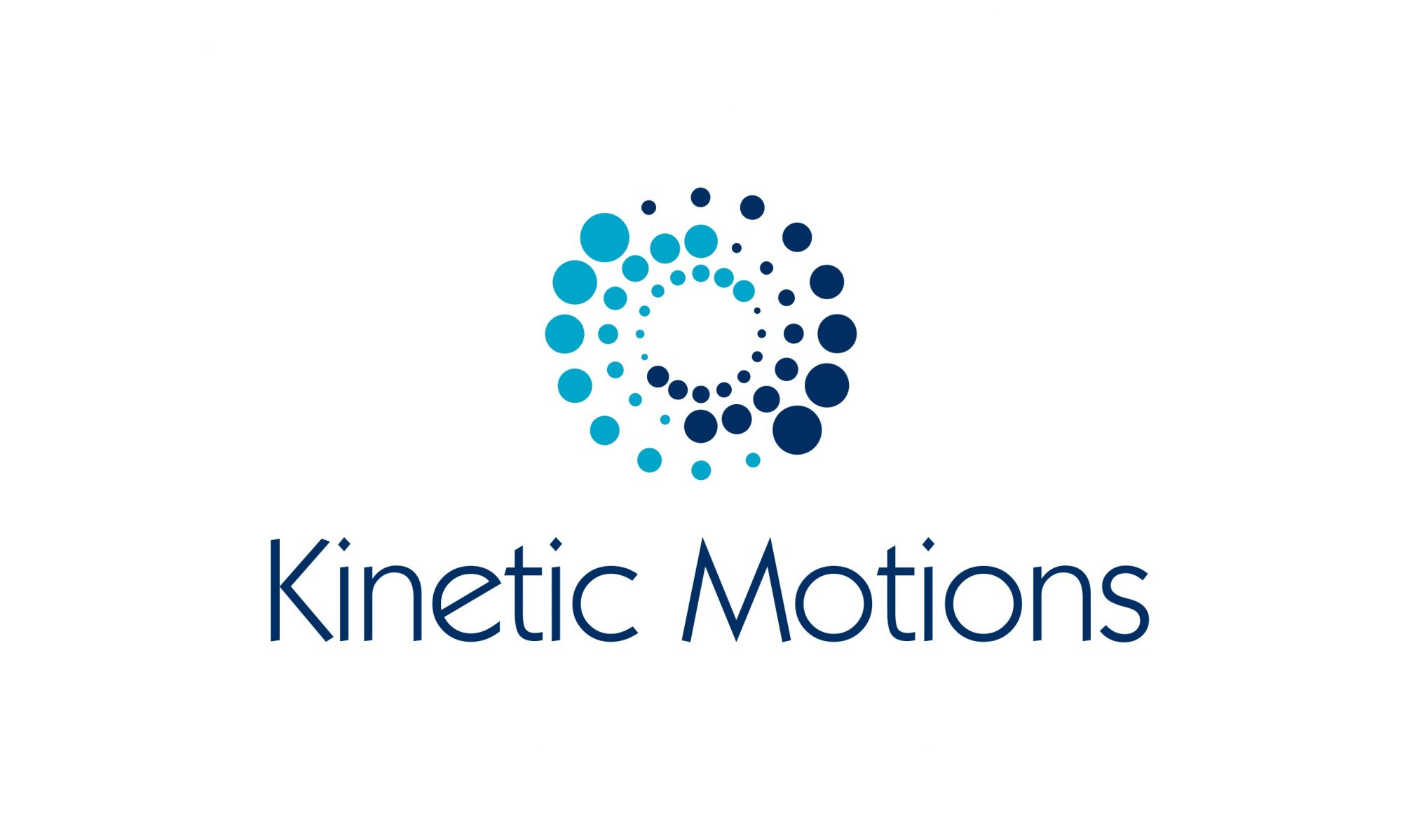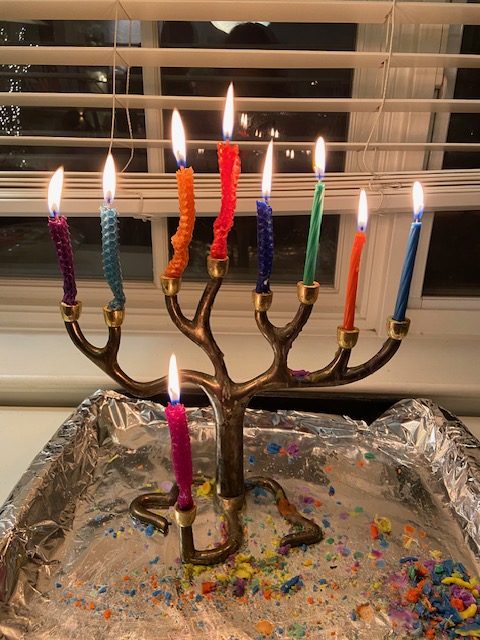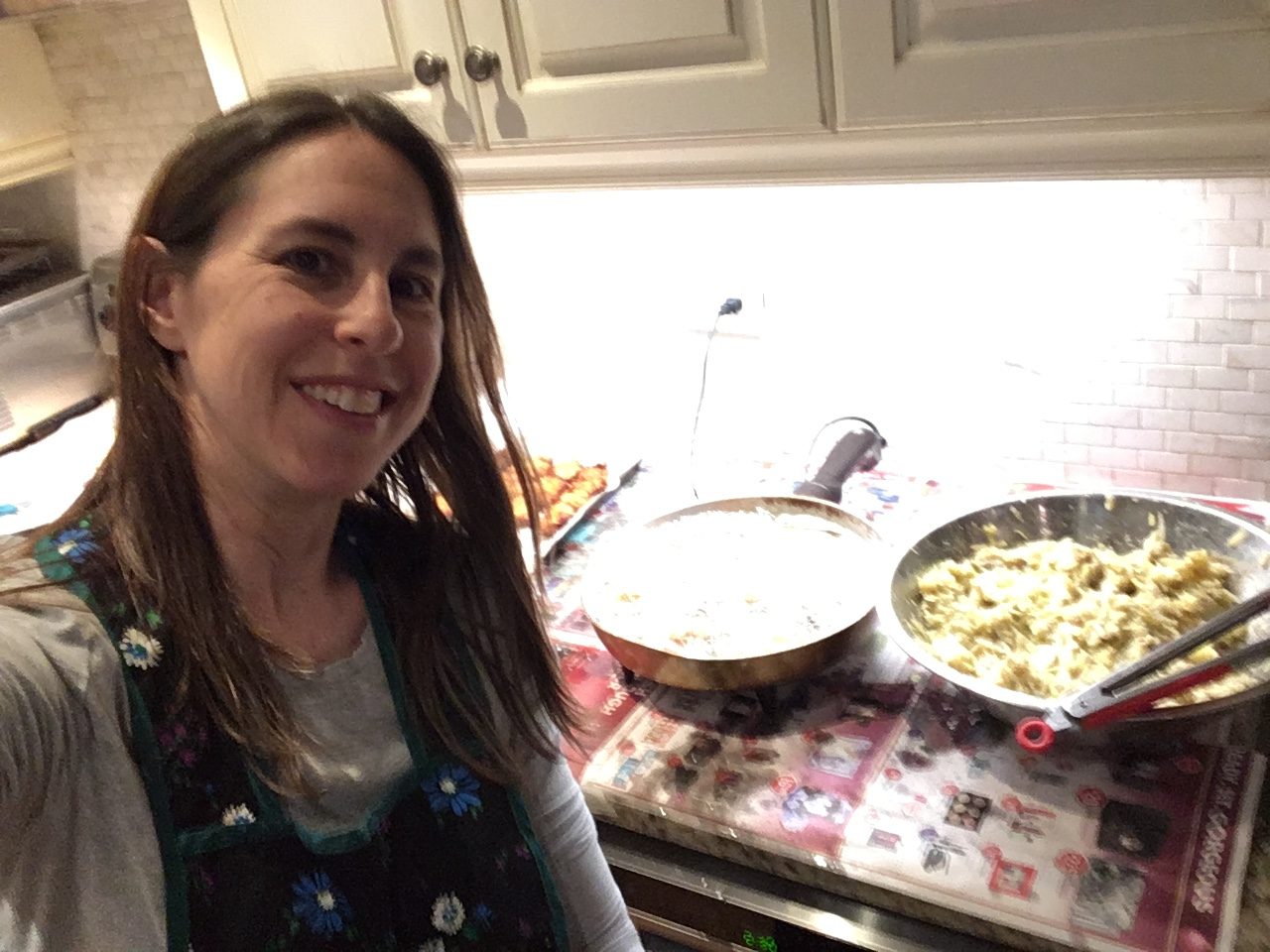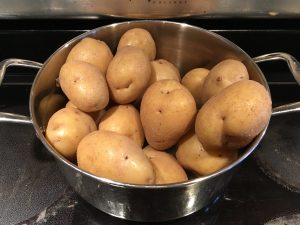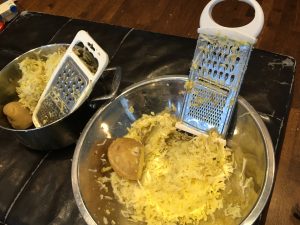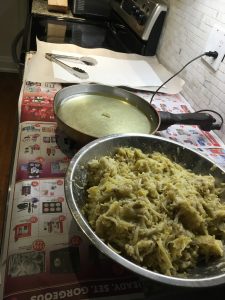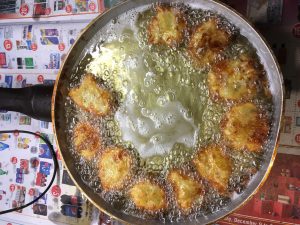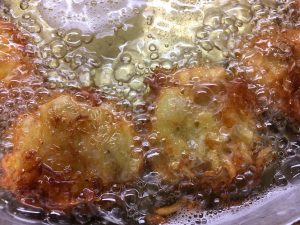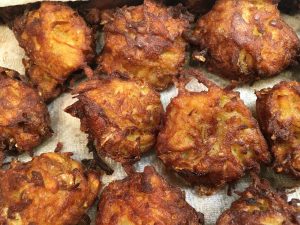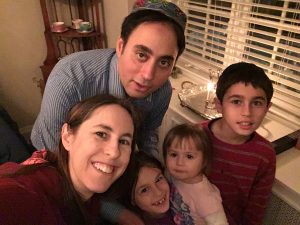As I began to write this, it was the last day of Chanukah. It was January 2nd, 2025, or on the Jewish Calendar, the 2nd of Tevet, 5785. As we lit the candles on Wednesday night, our Chanukiah shone bright with its nine candles. I stayed back after others walked away and stared at the candles, as they began to melt.
There was something warm and wonderful in the light of the candles, and as they melted, and finally fizzled out, their light quickly turned to darkness. The light of the nine bright candles on the Chanukiah, followed by the dark when they were gone, felt like a metaphor of our world right now.
Are we living in a Dark time right now? Will history remember the early part of the 21st century as a harsh time in history? I feel like one person after the next, when I ask them about their feelings, or hopes for 2025, give me the same answer: “Well, I hope it’s better than 2024.” Or, “The world has to gone to hell, it just has to get better than this.”
Whether it is a personal pain, challenges in a community or an existential threat of a nation or a group, it’s hard to find to many areas of light in the last five years for so many people.
 It’s like the light is going out in the world. I recently wrote about that wonderful feeling at the start of a new day, and how it brings possibility. I felt the same this past week as we lit the Chanukiah each night. On the first night, there was just a bit of light, with two candles (the “shamash” or helper candle, and the first candle). Each night we added a candle, and with that, more light. It was small, but I felt a greater sense of optimism and hope each night, as our candelabra grew brighter.
It’s like the light is going out in the world. I recently wrote about that wonderful feeling at the start of a new day, and how it brings possibility. I felt the same this past week as we lit the Chanukiah each night. On the first night, there was just a bit of light, with two candles (the “shamash” or helper candle, and the first candle). Each night we added a candle, and with that, more light. It was small, but I felt a greater sense of optimism and hope each night, as our candelabra grew brighter.
The bright candles made me think about how I, or any individual, can help make sure we don’t let the light go out. While the candles melted and fizzled out each night, each additional candle gave more light, and together the candles gave off a beautiful glow.
But, no matter how hard I tried to think about the light, the darkness was there too. I didn’t have to look too far to see the darkness working hard to overtake the light, to suppress it and make it fizzle, like the candles.
The problem is, darkness is easier than light. It’s so much simpler to break something than fix it. Try to stop. No problem. But to start again – much harder.
It takes a lot of work to make light, not just for a candle or a lamp. For many people, it takes a lot of work to be happy and find joy. A fight may happen quickly, but it can time, work, and a lot of patience, to come to a compromise or make up. 
Is that why it seems so dark in the world right now? Are we letting ourselves fall into anger and fighting, and we won’t let the light in, to bring calm and joy? How is there so much hate? Does every generation say this, or is the darkness particularly bad right now, and getting worse?
 I keep thinking back to how I felt, when the room was bathed in light a couple days ago, by the nine candles of the Chnaukiah. It’s a similar feeling to seeing the colourful bulbs of a Christmas tree or the diyas (small oil lamps) that may line a walkway on Diwali. They all bring light to the darkness.
I keep thinking back to how I felt, when the room was bathed in light a couple days ago, by the nine candles of the Chnaukiah. It’s a similar feeling to seeing the colourful bulbs of a Christmas tree or the diyas (small oil lamps) that may line a walkway on Diwali. They all bring light to the darkness.
 The light brings people together, and I really believe it has the potential to make good things happen. Think of the Olympic flame, which shines bright over the iconic games. Thousands of athletes, from diverse cultures and races, for the most part, put controversies or disagreements aside to share in the joy of sport. And overtop, especially at night, is that beautiful flame, reminding everyone that with light comes optimism and joy. It pushes us to do good things.
The light brings people together, and I really believe it has the potential to make good things happen. Think of the Olympic flame, which shines bright over the iconic games. Thousands of athletes, from diverse cultures and races, for the most part, put controversies or disagreements aside to share in the joy of sport. And overtop, especially at night, is that beautiful flame, reminding everyone that with light comes optimism and joy. It pushes us to do good things.
 So, we can’t light Chanukah candles every night (though my kids would love that, as that means a gift every night of the year!). But, metaphorically, we also can’t let the light go out. We need to imprint that light in our heads, remember that wonderful feeling of the warmth of the glow around us, when the candles are burning bright.
So, we can’t light Chanukah candles every night (though my kids would love that, as that means a gift every night of the year!). But, metaphorically, we also can’t let the light go out. We need to imprint that light in our heads, remember that wonderful feeling of the warmth of the glow around us, when the candles are burning bright.
We need to wrap our arms around the light, and together, we need to make it easier to live in a world with light than darkness. I want 2025 to be better than 2024. Let’s release some of that anger and hate. Let’s try to bring a bit of peace to the world. Let’s give people a chance to succeed and thrive.
We can do it. Just don’t let the light go out.

